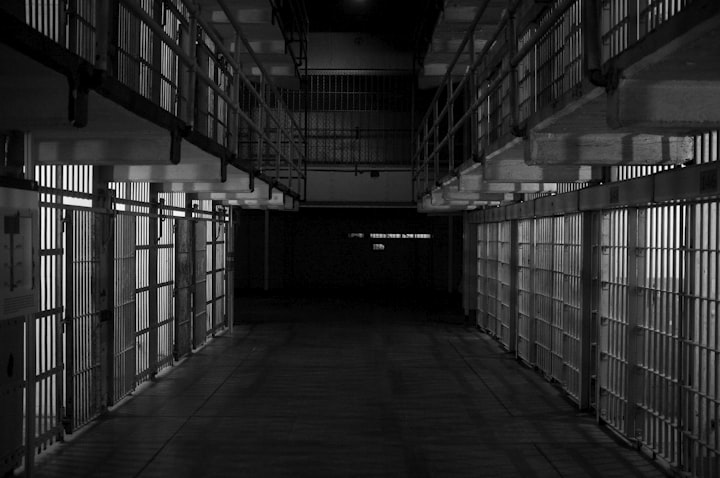The curious case of Anthony Chebatoris
How can a man be executed in a state that never had the death penalty?

Since it became a state, Michigan has not carried out a single execution. Indeed, Michigan is only one of three states to have not carried out any executions since becoming a state, the other two being Alaska and Hawaii. Even before it became a state, there were only a handful of executions carried out in Michigan. In fact, not only was Michigan the first state to abolish the death penalty, having done so in 1846 for all crimes but treason (with it being completely abolished pursuant to Michigan's 1963 Constitution, which went into effect in 1964), but it was actually the first English-speaking territory on earth to abolish it.
So, then how is it possible that Anthony Chebatoris, who was convicted of murder after killing a man during a bank robbery, was executed on Michigan soil on July 8, 1938? The short answer is because of a feature in the American legal system called Dual Sovereignty and, in a broader sense, America's federalist form of government wherein power is divided between the federal and state governments, which each government being permitted to enact and enforce their own laws, albeit with some limitations (such as the Constitution and the Supremacy Clause).
The U.S. Supreme Court summarized the concept in the Prohibition Era case of United States v. Lanza, 260 U.S. 377, 382 (1922):
"We have here two sovereignties, deriving power from different sources, capable of dealing with the same subject matter within the same territory. Each may, without interference by the other, enact laws to secure prohibition, with the limitation that no legislation can give validity to acts prohibited by the amendment. Each government in determining what shall be an offense against its peace and dignity is exercising its own sovereignty, not that of the other. It follows that an act denounced as a crime by both national and state sovereignties is an offense against the peace and dignity of both and may be punished by each."
Dual Sovereignty also affects as double jeopardy (it generally isn't a double jeopardy violation to be convicted for the same crime by a state and the federal government, or by multiple states) and pardons (hence why a presidential pardon doesn't affect a state-level conviction).
Because of this, even if a state bans the death penalty under state law, the federal government, which has the death penalty, still has the power to carry out an execution under federal law. In the case of Anthony Chebatoris, he was not tried and convicted of murder at a state trial under state law, but, because the murder occurred during the commission of a bank robbery, he was tried and convicted at a federal trial under federal law (specifically, the Federal Bank Robbery Act of 1934, which made it a federal crime to rob a bank or to cause the death or a person during the commission of a bank robbery).
Since this was a federal conviction under federal law, state law regarding the death penalty did not come into play when determining the sentence. Put differently, even though the execution was carried out on Michigan soil, it was not done in the name of the State of Michigan, it was done under the authority of the federal government.
However, at first, the execution was not going to be performed in Michigan because, even though federal law at the time required a federal execution to be carried out in the state where the crime occurred, this was only true if that state had the death penalty. Since Michigan did not have the death penalty, the execution was going to be performed elsewhere. However, when it was discovered that Michigan retained the death penalty for treason (and thus Michigan technically allowed for capital punishment), it was determined that the execution needed to be carried out in Michigan pursuant to federal law.
Michigan’s Governor, Frank Murphy, then fought to have the sentence commuted to life without parole, and then when that failed he fought to have the execution performed in a different state. However, his efforts were ultimately unsuccessful, and the execution was ultimately carried out on Michigan soil via hanging.
This may seem like a historic relic, but history may soon repeat itself in the case of Marvin Gabrion, who was sentenced to death for a federal crime committed within the State of Michigan. Although, this time it appears what Governor Murphy wanted will occur and the execution will take place in Indiana (where Gabrion and most other federal death row inmates are currently housed), and not in Michigan.
Indeed, presumably, no one will be executed in Michigan again because it appears there are no longer any federal prisons in Michigan equipped or designated to carry out executions. It appears only one prison, United States Penitentiary, Terre Haute in Indiana, actually carries out the federal executions.





Comments (1)
Very interesting! Great explanation of how this could legally occur in Michigan despite not allowing capital punishment.